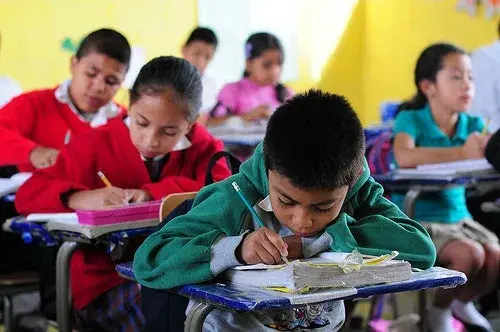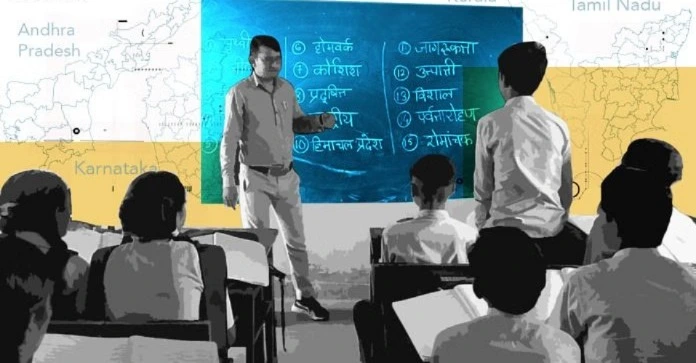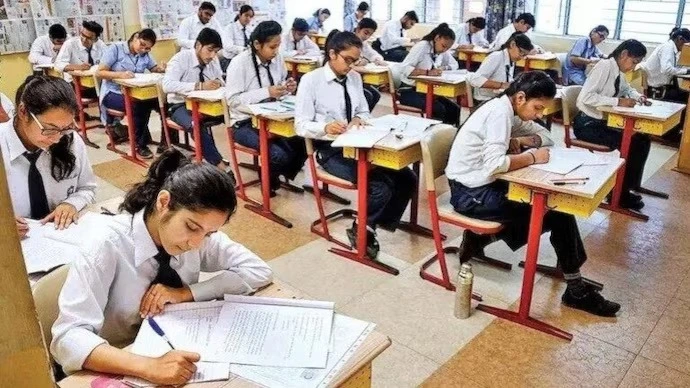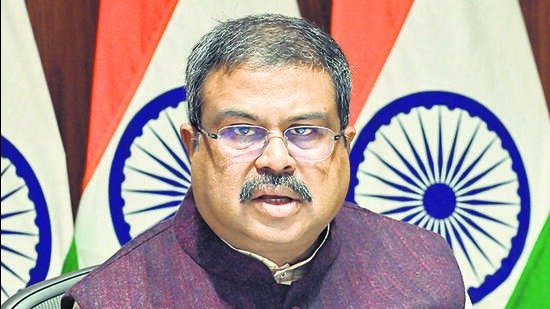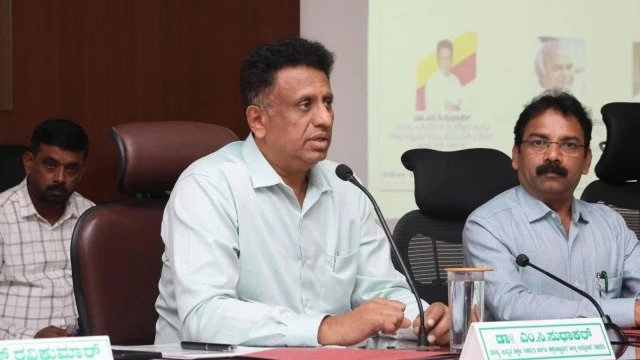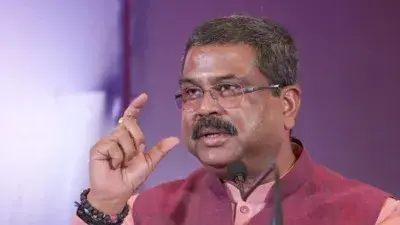NCERT and Canva Partner to Offer Free Digital Certification Courses for Indian Educators
In a move aimed at empowering educators with 21st-century teaching skills, the National Council of Educational Research and Training (NCERT) has entered into a strategic partnership with Canva, a global visual communication platform. The collaboration will roll out three self-paced, online certification courses for school teachers across India—completely free of charge. These courses, designed to enhance digital fluency, creative instruction, and collaborative teaching practices, will be hosted on DIKSHA, the Ministry of Education’s flagship digital learning platform. To ensure inclusivity, they will also be televised via PM eVidya’s DTH channels, making the training accessible even in areas with limited or no internet access. The programme will be offered in multiple Indian languages to promote nationwide participation. Teachers participating in the training will explore Canva for Education’s features to create interactive lesson plans, visually engaging presentations, infographics, and a variety of educational content. The programme also includes exposure to collaborative pedagogies and artificial intelligence (AI) tools that can elevate classroom learning. Successful participants will receive joint certification from NCERT and Canva. As per the MoU, Canva will provide complimentary access to its educational suite and contribute to developing customized instructional resources. Meanwhile, NCERT will ensure the content aligns with India’s national curriculum framework and is tailored for regional relevance. This initiative supports the goals outlined in the National Education Policy (NEP) 2020, particularly around visual learning, critical thinking, and design-centric pedagogy. Teachers will also receive guidance on leveraging AI tools to boost classroom engagement and optimize lesson delivery. With over 500 integrated educational tools and apps—including games, translation aids, worksheets, and subject-specific infographics—Canva for Education is positioned as a comprehensive platform for modern teaching. Its AI-powered features simplify content creation, enabling teachers to plan and execute lessons more efficiently. Canva’s statement highlighted that its education arm saw remarkable growth in 2024, onboarding over 25 million students and teachers globally, with its total education community surpassing 100 million users. Teacher usage on the platform surged by 50%, while student engagement more than doubled, fueled by tools like Dream Lab that empower educators to create customized visual content. This collaboration marks a significant step towards digital empowerment in Indian classrooms, equipping teachers with the tools and training to thrive in a technology-integrated learning environment. Source: Indian Express
NCERT and Canva Partner to Offer Free Digital Certification Courses for Indian Educators Read More »



